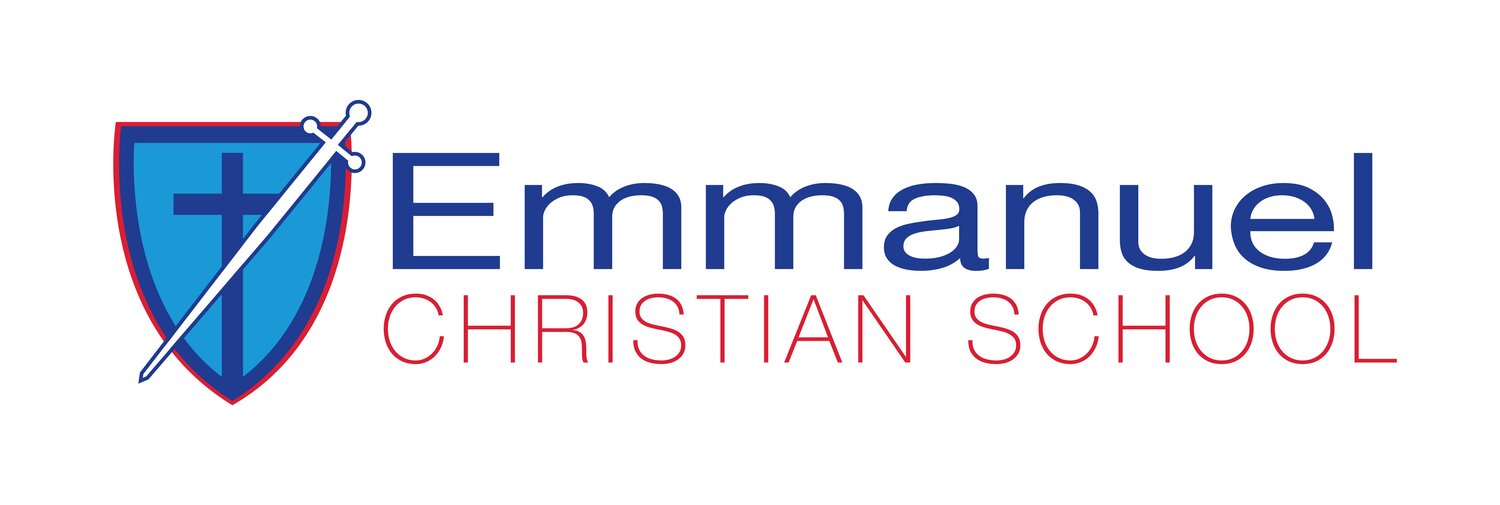Recently we teachers attended a Professional Development conference, with teachers from Christian schools around the state, called ‘Bible in the Belly.’
It was very inspiring and reminded me of many bible stories and teachings I have heard or taught over the years. Not just looking at them as stand-alone stories but also in relation to the Gospel and then their relevance in our modern world.
It got me thinking about our core values at Emmanuel; Faith, Hope, Love, Courage, Integrity and Respect. And from this I decided to look at one of these in more depth, namely Faith.
We assume that coming to a Christian school and going through an interview process with our wonderful Principal, Mr Winkler, that you understand what we stand for and who we are, but maybe you don’t. And maybe I can have a go at explaining who I think we are through the lens of Faith.
Faith has a few dictionary definitions; Complete trust or confidence, Firm belief which is not based on proof, A system of religious belief.
These are all great definitions and can be applied to us, as a Christian and therefore ‘religious’ school. But I believe we need to look deeper to understand Faith from a Christian perspective. So I would like to explore Faith, and the word used for it, from a biblical perspective.
The Old Testament was written in Hebrew. The Hebrew word for faith in the Old Testament is Emunah (אמונה)… The word Emunah is based on the word Em (אם – mother). Like a mother who is feeding, teaching and loving her child, Emunah is an almost subconscious influence in our life that nurtures us and gently guides us in our journey through this world. Most of us turn towards this sense of faith only during hard moments, hanging our hopes on a higher power that will help us overcome a certain difficulty or crisis and then we immediately tend to forget it when everything is fine again. Whether we are aware of it or not is irrelevant, however, since this sense of faith is always already there, like a foetus inside the womb is also not aware of the mother’s existence, and yet she constantly provides for all its needs.
The New Testament is written in Ancient Greek. From Strongs Concordance we find that the Ancient Greek word for Faith is pistis. Pistis is God’s divine persuasion. God births faith within us. Through faith we discern his will for our lives. In sum, faith (pistis) is a persuasion from God that we receive as He grants impulse. Faith is always the work of God and involves hearing His voice – whereby the believer lays hold of His preferred-will (cf. J. Calvin).
I’m very interested in the Strong’s quote and this idea of ‘hearing God’s voice.’ I love the Old Testament story of Moses and his journey to the mountain and God’s presence. Which then was transferred to the Holy of Holies in the tent and later the tabernacle. This idea of a Holy God who so desired communication with mankind.
We at Emmanuel, are a community of faith. Our faith is a redemptive one, where we see Jesus and his death on the cross as told in the New Testament as the bridge that ended the separation between mankind and God. This one redemptive event opened the way for our own individual conversations with God. We are a community of people in conversation with God.
This God we chat to is loving and creative, holy and powerful, kind and infinite, wise and trustworthy. He created each and every one of us and planted his image within us. I see my job as a teacher at Emmanuel to love the students placed in my care, help them search for their own individual expression of God and encourage them to start a life-long conversation with a God who adores them.
Annie Joy — Acting Head of Teaching and Learning


